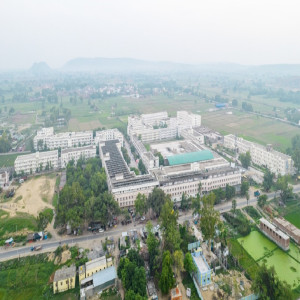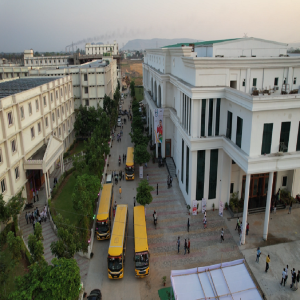Fisheries Science is an academic field of understanding and managing fisheries resources. It is a multidisciplinary subject that encompasses the biological study of breeding, habits and life of different species of fish.
Fisheries science is the academic discipline of managing and understanding fisheries.[1] It is a multidisciplinary science, which draws on the disciplines of limnology, oceanography, freshwater biology, marine biology, meteorology, conservation, ecology, population dynamics, economics, statistics, decision analysis, management, and many others in an attempt to provide an integrated picture of fisheries.[2][3] In some cases new disciplines have emerged, as in the case of bioeconomics and fisheries law. Because fisheries science is such an all-encompassing field, fisheries scientists often use methods from a broad array of academic disciplines.[4][5] Over the most recent several decades, there have been declines in fish stocks (populations) in many regions along with increasing concern about the impact of intensive fishing on marine and freshwater biodiversity.[6]
78-metre (256-foot) Danish fisheries research vessel Dana.
Fisheries science is typically taught in a university setting, and can be the focus of an undergraduate, master's or Ph.D. program. Some universities offer fully integrated programs in fisheries science. Graduates of university fisheries programs typically find employment as scientists, fisheries managers of both recreational and commercial fisheries, researchers, aquaculturists, educators, environmental consultants and planners, conservation officers, and many others.[7]
👉 35000 fish species discovered in the world.
👉 And 3500 fish species discovered by in India .
Fish harvesting
- Fisheries research 👉
- http://wcfs.fisheries.org/
- http://fisheries.org/
- http://www.ices.dk/
- http://www.fsbi.org.uk/
- http://www.asfb.org.au/
.jpeg)
.jpeg)


.jpeg)